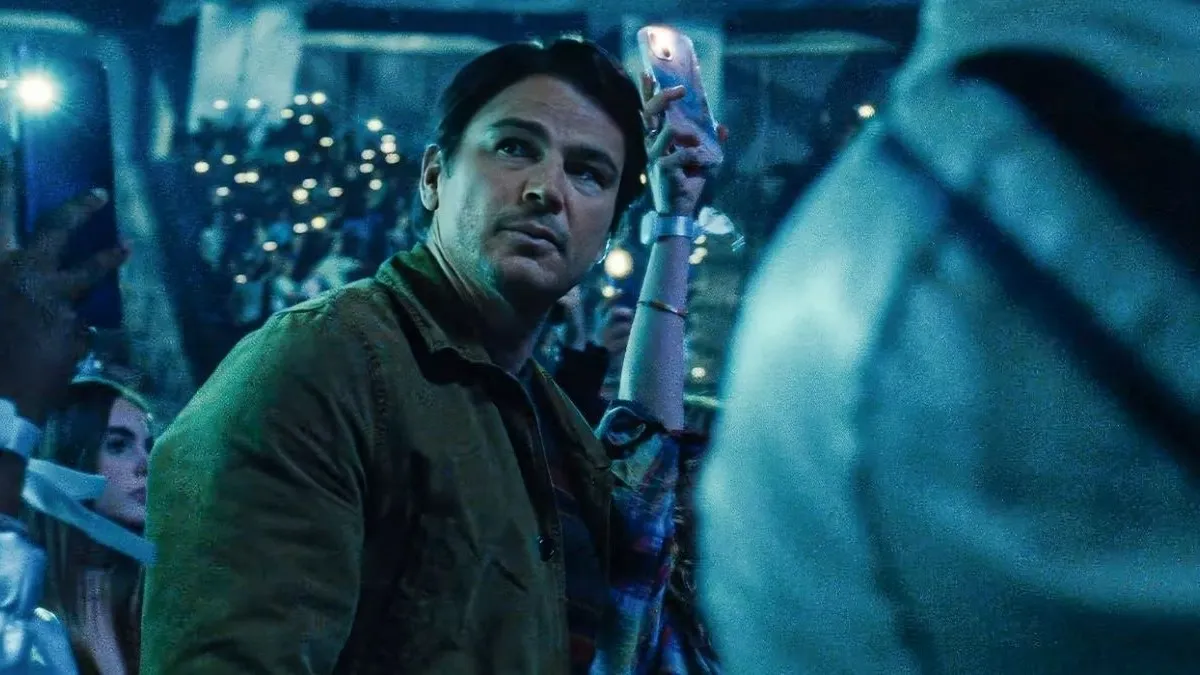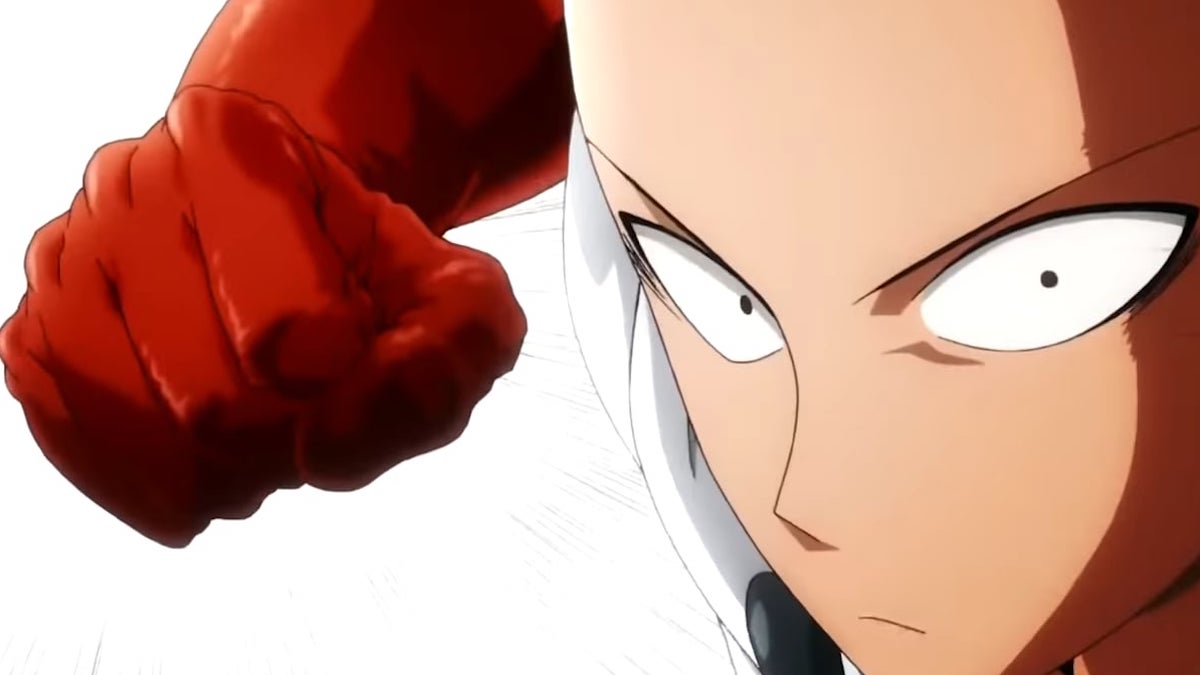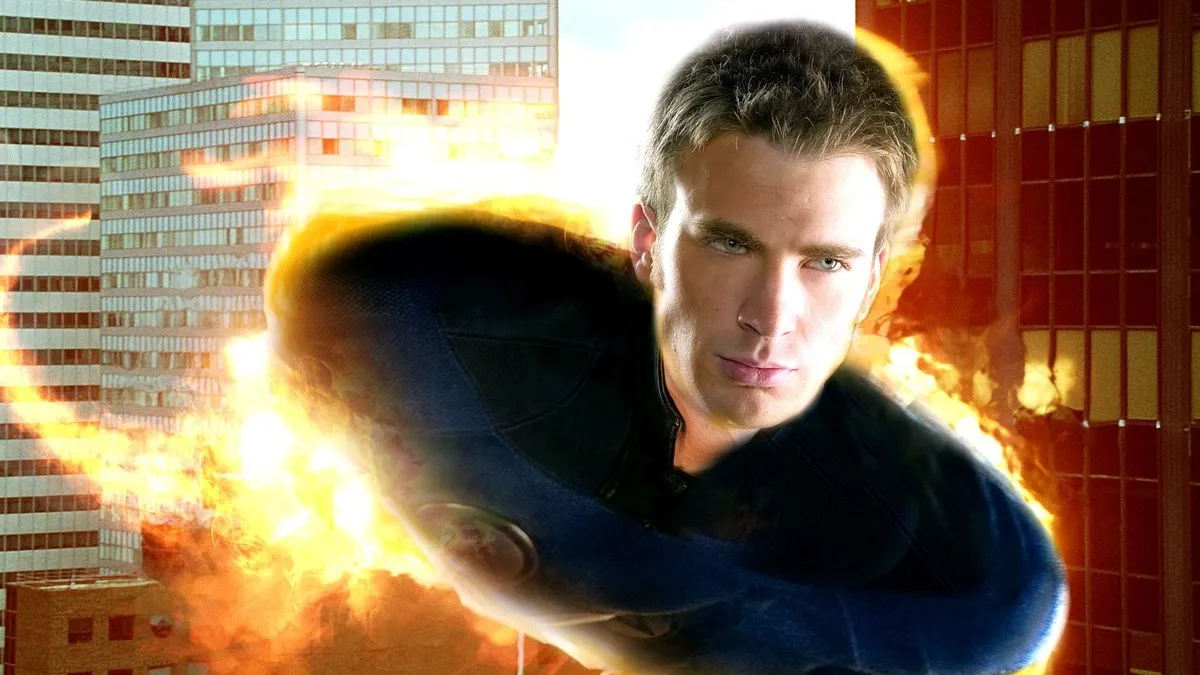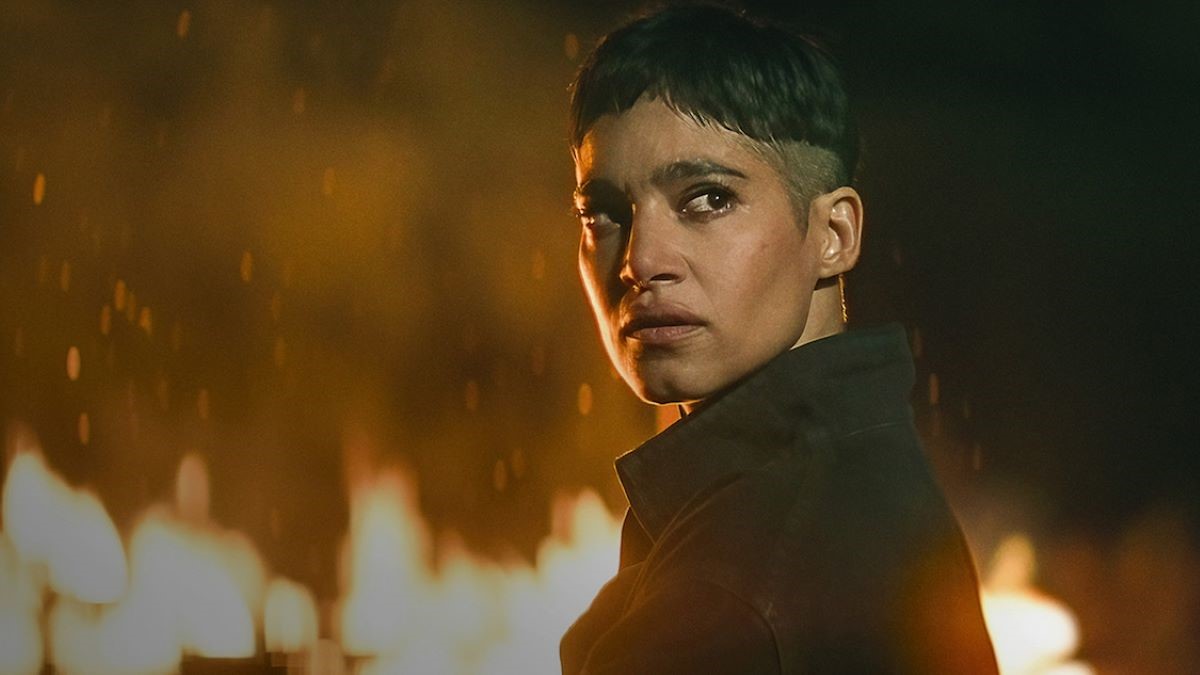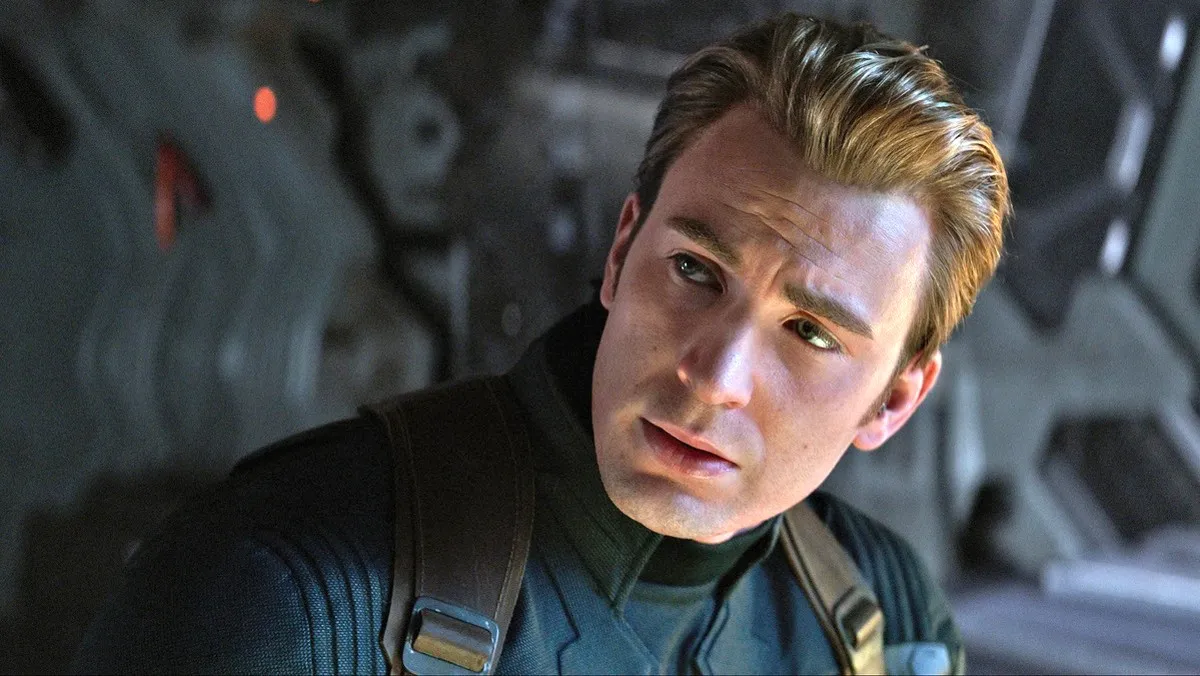
Sometimes the most complicated endeavors start from such simple intentions. In 1973, French director Claude Lanzmann was hired by the Israeli government to make a film about the Jewish people, their past, their culture, and their history. Lanzmann had already made a documentary about the country itself, Israel Why, so he had impressed his financial backers well enough to trust him with another project, a two hour film that was supposed to take 18 months to complete. Instead, the result was 10 hours long, edited for five years from over 300 hours of footage shot for nearly seven years in six languages. But the result was Shoah, the documentary masterpiece that is one of the most exhaustive records of the history of the Holocaust.
The documentary Lanzmann is about the man that made Shoah, who arguably went a bit overboard in terms of his original directive, but in the process created an incredible piece of filmmaking. Of course, there had been other documentaries about the Holocaust, but none could compare to Shoah for both its exhaustiveness and its completionism. It’s the measuring stick by which all docs about the Holocaust are measured, intentional or not. It was released a little over 40 years after the camps were liberated by Allied forces, and now, 70 years after liberation, the need for remembrance seems all the more pressing.
So what drove Lanzmann? Basically, it was the push for justice, and in no small way the push for perfection. The filmmaker is rather brutally candid with Lanzmann director Adam Benzine, who interviews his subject in an Errol Morris style with the camera aimed tightly on Lanzmann’s face, although the subject never addresses directly the viewer like in Morris’ films. Through Lanzmann’s insights we get a better idea, but not necessarily a complete idea, of what it was like to make Shoah.
Lanzmann’s telling of the making of Shoah is part detective story. The filmmaker explains how he once walked all over the Bronx armed with nothing but a first name, going from barbershop to barbershop trying to find a man who cut the hair of people killed in the gas chambers of Auschwitz. He did eventually find his man, and while it’s one of the most poignant sections of the film (as the barber recounts his terrible role in the Holocaust), one gets the feeling that this dogmatic pursuit of the story was not an immediate reaction to the assignment. How did this go from another filmmaking job to the story of the century for Lanzmann? It’s something Benzine kind of skates over.
Behind the scenes footage of Lanzmann interviewing subjects give insight into his method, and if he were a filmmaking detective in trying to track down all these various witnesses, then his probing questions and drive to get to the truth showed him to be as cold and analytic as any portrayal of Sherlock Holmes. It’s kind of uncomfortable to watch Lanzmann press though the churning emotion and buried memories to get the scenes that the camera demands, but you have respect for the detachment he projects, and later, for the toll it takes upon him personally.
In one particularly harrowing story, Lanzmann describes going swimming while taking a break from editing Shoah. Feeling pressure from backers to finish, as well as his own desire to get the story right, he said that he wanted to die when he nearly drowned that day, and was almost angry that someone saved his life. What kind of state of mind is that? What kind of incredible pressure have you put upon yourself if you’d rather die than risk finishing a movie the wrong way? Of course, this is the Holocaust we’re talking about, so the pressure was as big as it gets, but it’s a vivid and startling look inside the mind of man and what it takes to make a movie like Shoah.
Benzine takes a simple approach to the film, which clocks in at a surprisingly brief 40 minutes. He uses his interview with Lanzmann, footage both used and unused from Shoah, and other types of B-roll footage to fill in the gaps. While the breezy length of the doc is both a positive and a negative, I think it leans slightly to the negative.
Personally, I would have liked more time to explore how and when Shoah became the project it turned out to be, the lasting impact that it had on the director, and how his own war history as a member of the French Resistance might have been an influence in telling this story. Maybe the lack of that insight had to do with Lanzmann’s own willingness to discuss them, but one of the lasting impressions of the film is his pessimism about the future. Does that come purely from making Shoah? That’s not really answered, either.
With renewed interest about the history of the Holocaust, including the newly rediscovered footage of the first documentary made about it, German Concentration Camps Factual Survey, Lanzmann makes a good companion piece to Shoah. It’s a reminder of the importance of history and of capturing key moments from all the angles, and to include all the voices, is invaluable as a remembrance. It also gives you the idea of the personal cost, but only an idea. And maybe Lanzmann wants it that way since this isn’t his story, and it never was.


